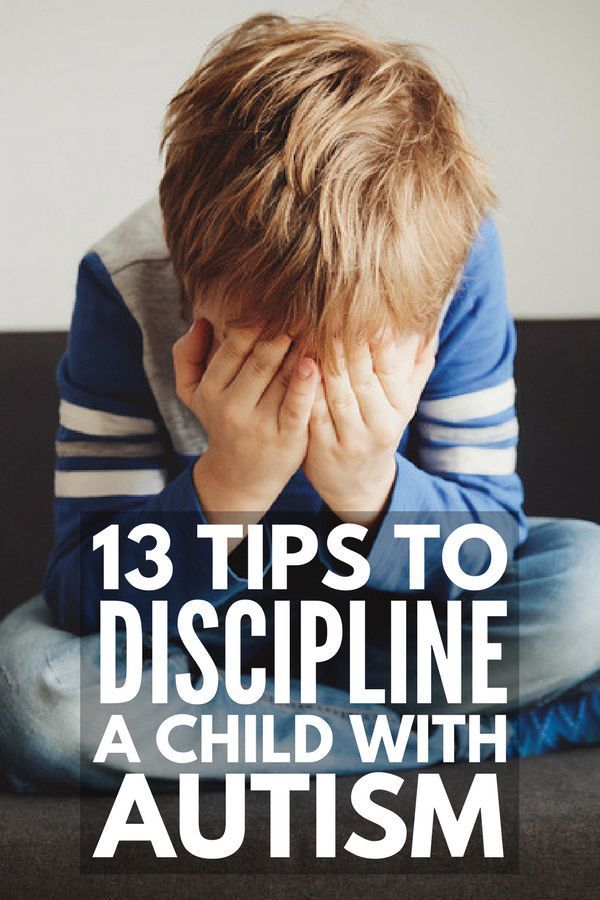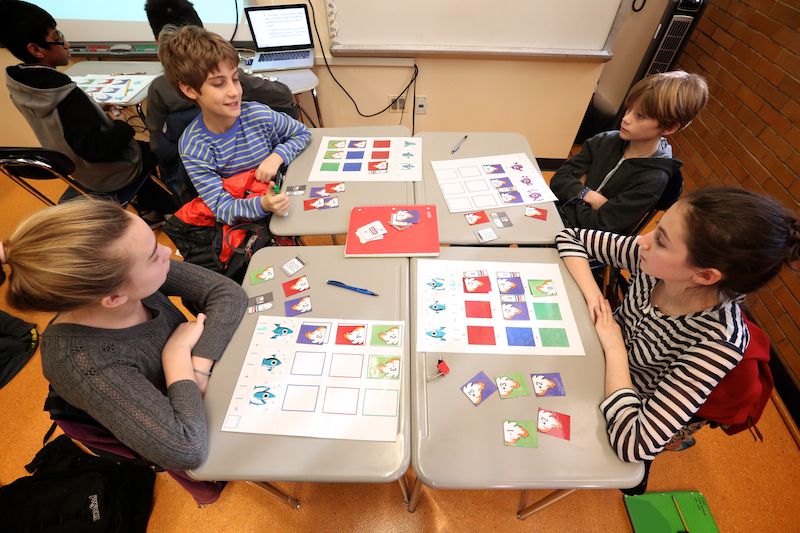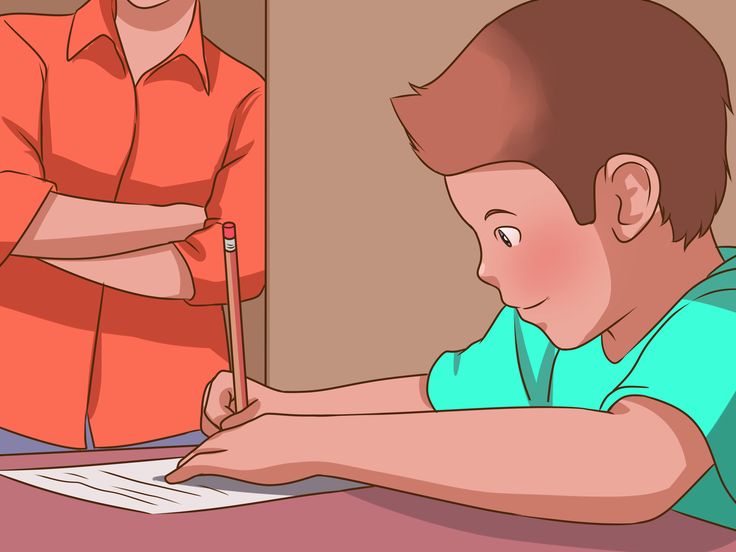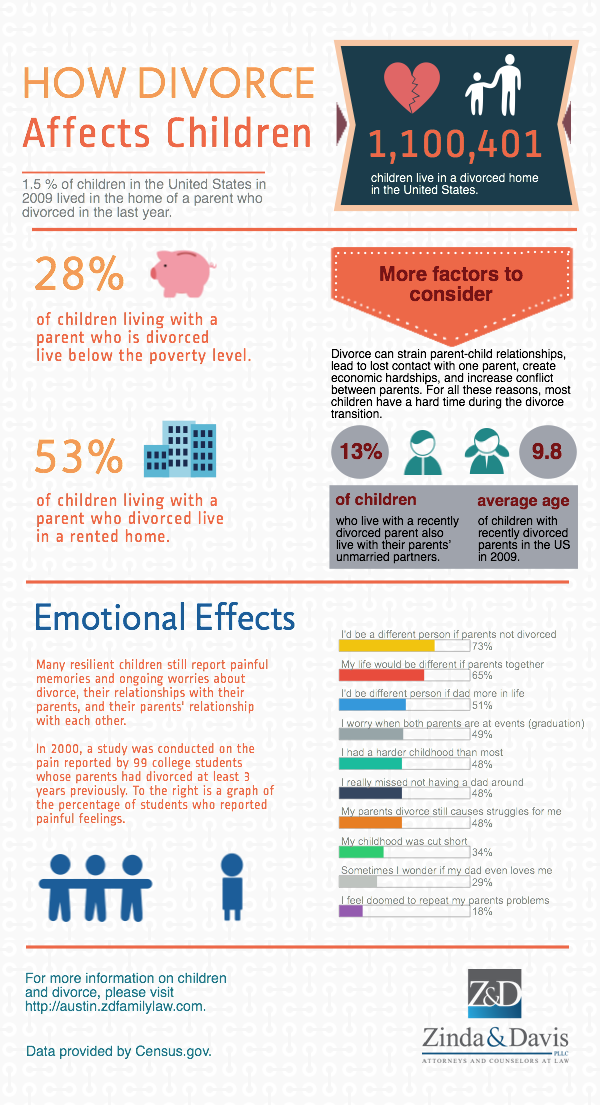How to discipline an introverted child
Four Tips to Disciplining your Introverted Child (guest post) – Intentional Parenting
On By Carole SparksIn guest post, parenting
I want you all to meet Kass Fogle, a writer friend of mine who advocates for the shy, socially anxious, and/or introverted in our churches and communities. She's also a thoughtful parent, which is why I asked her to share with us today. Oh, and by the way, Kass has a fantastic sense of humor; seriously, if you want a frequent laugh, follow her on Instagram! Let us know what you think in the comments at the bottom.
My children have provided some of my most cherished memories. They have also provided memories I’d rather forget.
Like the time I fireman-carried my two-year old son while very pregnant with my daughter, leaving behind a cart full of groceries.
Or the time my five-year old daughter chose to share her “texture-aversion” to shin guards 5 minutes before a game. To this day, I will attest they were lined with fire ants.
While the cherubic memories far outweigh the demonic snapshots of our lives, one thing is for certain: kids are kids and will behave in illogical and immature ways.
Our challenge as parents is to respond differently. Easier said than done. In fact, I’m quite guilty of throwing my own tantrums. (For more on momtrums, read When Good Moms Lose It)
But, God’s word instructs parents not to provoke their children.
Fathers, do not provoke your children, lest they become discouraged. –Colossians 3:21 NKJV
One way we can avoid provoking our children is to pay attention to how we discipline them based on their personality type. Introverted children respond very differently to discipline than their extroverted siblings.
Introverted children (and adults) tend to be more reflective, self-aware, and judicious, therefore very responsive to discipline that matches their personality.
While discipline is based on many factors, here are four tips to guide you when disciplining your introverted child:
- Instead of, “Answer me!” consider telling them, “I want you to think about why this is wrong.”
Your child is introspective. Try not to assume he is ignoring you or trying to make up a lie just because he is quiet or not responding to cues immediately. He is likely processing the situation. Consider giving your child time to think about your request then provide the option to respond in writing. Introverts typically share their thoughts or feelings more easily in writing, even with those they love.
- Instead of asking them, “How does this make you feel?” consider asking, “What will you do differently in the future?”
Introverts are already hyper-aware of their feelings so calling them out shames them. Instead, have them develop a plan for what they will do next time. Introverts are problem solvers and will rise to this challenge.
- Don’t assume a time-out is always the answer. Instead, match the consequence to the situation and child.
Just because your child is an introvert, does not mean they do not want to be heard. Locking them away in a room may not bring the change in behavior you seek. They may enjoy solitude, but no one enjoys loneliness.
- Don’t be afraid to share your experiences. Instead, speak up – tell them you’ve made a similar mistake or that you’ve made bad decisions too.
Introverts tend to exaggerate their offense and worry themselves into quite a state over it. While they may not be as open to sharing their own feelings, they are usually great listeners. Hearing about your experiences and mistakes puts their own transgressions into perspective.
When you combine these four tips, you are creating a safe environment for your child to learn and grow from their mistakes.
God has certainly blessed us as parents when He chose us specifically for raising our kids up in the way they should go (Proverbs 22:6). There is never a shortage of methods, theories and tips. Studies will show this and research will show that, but one thing remains the same and that is our Father’s love for us. It is by His example that we lead our children, introverts and extroverts, “to do justly, to love mercy, and to walk humbly with your God” (Micah 6:8).
There is never a shortage of methods, theories and tips. Studies will show this and research will show that, but one thing remains the same and that is our Father’s love for us. It is by His example that we lead our children, introverts and extroverts, “to do justly, to love mercy, and to walk humbly with your God” (Micah 6:8).
4 #IntentionalParenting “insteads” to better #discipline our #introverted children–because they think differently. From @KassFogle via @Carole_Sparks. (click to tweet)
Have you found that your children respond differently to discipline because of their personalities? Have any helpful tips for the rest of us (introverted or extroverted)? We would love to hear from you in the comments below!
Kass Fogle is an award-winning author and speaker. Her weekly blog, The Introverted Believer is shared each Wednesday on Kassfogle.com.
As an introvert with a side dish of social anxiety, she’s struggled with understanding her role in the Christian Community where small groups are the foundation. This struggle has inspired her to learn more about personality types so she can encourage other introverts, and those who love them, to live out their faith in their work, their marriages, and their friendships.
This struggle has inspired her to learn more about personality types so she can encourage other introverts, and those who love them, to live out their faith in their work, their marriages, and their friendships.
Kass lives in south-central Illinois with her husband, amazing daughter and two crazy cats. Her son, the source for much of her content, plays football at Olivet Nazarene University. Kass welcomes conversation about coffee, chocolate and comfortable clothes, but please, no small talk!
Please visit her website to download Friendship with a Purpose – a journaling page to strengthen your friendships, free when you subscribe to kassfogle.com.
Related: Disicipline is Designed to Disciple
Like this:
Like Loading...
behaviorCarole SparksColossiansdisciplineFour Tips to Disciplining your Introverted Childguest postinsteadIntentional parentingintrovertKass FogleRaising an Introverted Child in an Extroverted World
by Cindy Price
44,625
VIEWSWe live in a society that is geared towards extroversion.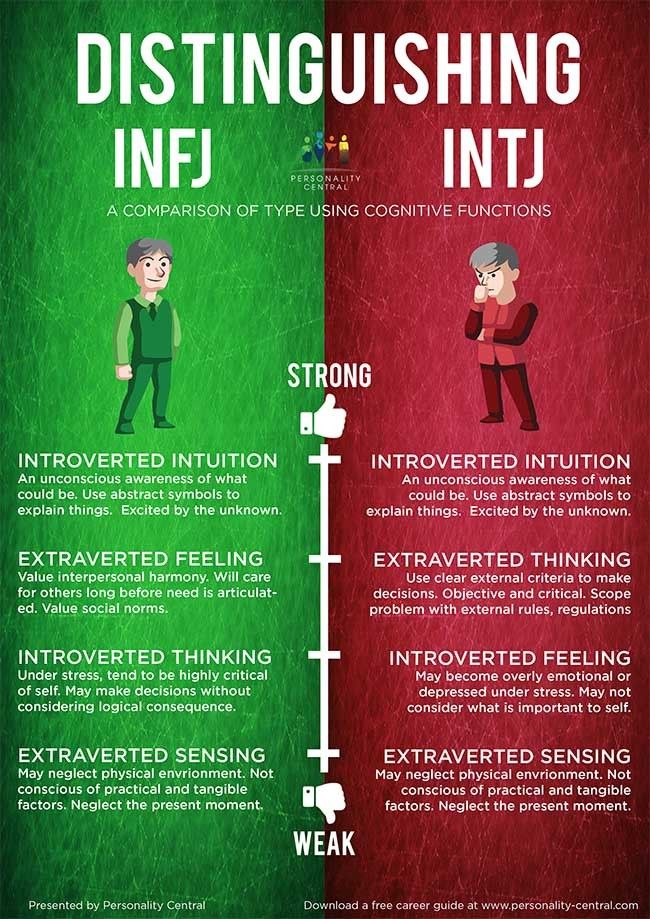 Think about it: a public school system that overtly pushes class participation, a work culture that encourages networking for current and future jobs (not to mention open-plan work spaces) and a society that promotes norms like small talk. America values the bold and gregarious and the louder people are, the more confident they appear and the more attention they receive.
Think about it: a public school system that overtly pushes class participation, a work culture that encourages networking for current and future jobs (not to mention open-plan work spaces) and a society that promotes norms like small talk. America values the bold and gregarious and the louder people are, the more confident they appear and the more attention they receive.
Estimates suggest that introverts make up at least 50% of the population, but despite this, parents and a large section of society think being introverted is an oddity. We tend to think that children should be sociable and outgoing and if they turn out quieter than their friends, we worry that something is wrong. We want our children to have large groups of friends, to be included in activities with other children because we think that’s “normal” and that’s what a successful child looks like. We don’t want our kid to be the weird loner who likes hanging out by himself because that reflects badly on our parenting skills.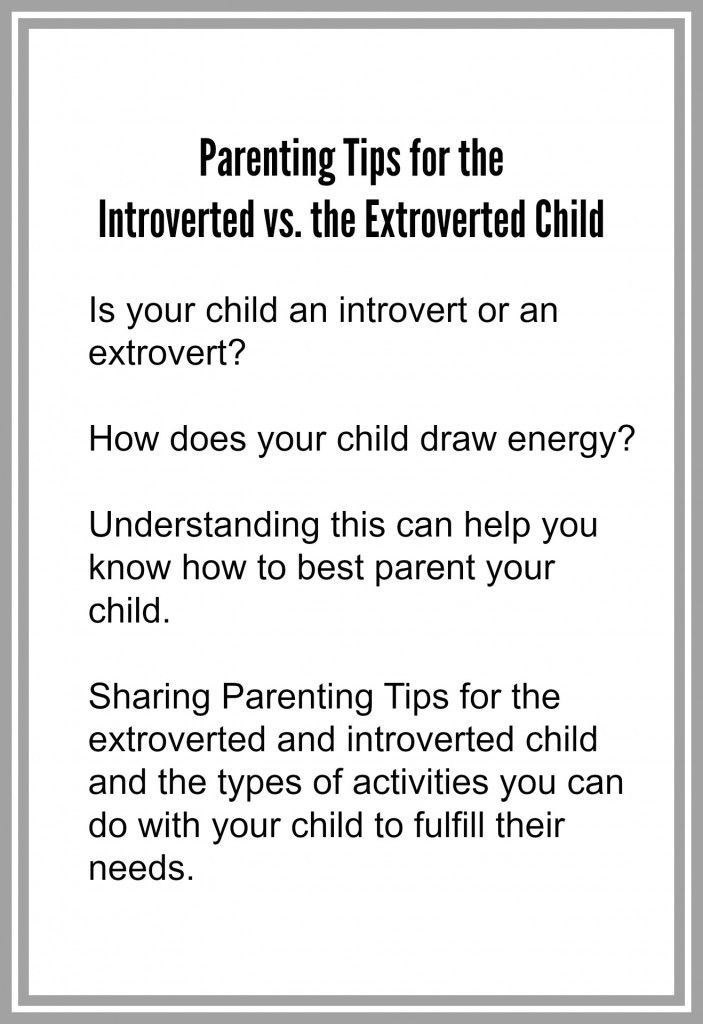
So if our children, by some quirk of fate, happen to be introverts, we rush around in a panic trying to jump-start their social lives. We arrange playdates if they’re toddlers, insist on inviting their friends and classmates over if they are teens and push them to join numerous clubs and groups in a bid to make them act more like extroverts. According to Susan Cain, famed author of Quiet: The Power Of Introverts in a World That Can’t Stop Talking, this only leads to a “colossal waste of talent, energy and happiness.”
Introverts Are Born That Way
Instead of seeing introverts as failed extroverts, we should begin appreciating their unique strengths and talents. You probably know that your introverted child prefers spending time alone in quiet surroundings unlike extroverts who prefer being where the action is- but do you know why?
A study done on both introverts and extroverts showed that the latter were less receptive to dopamine, a neurotransmitter that controls the brain’s pleasure and reward centers.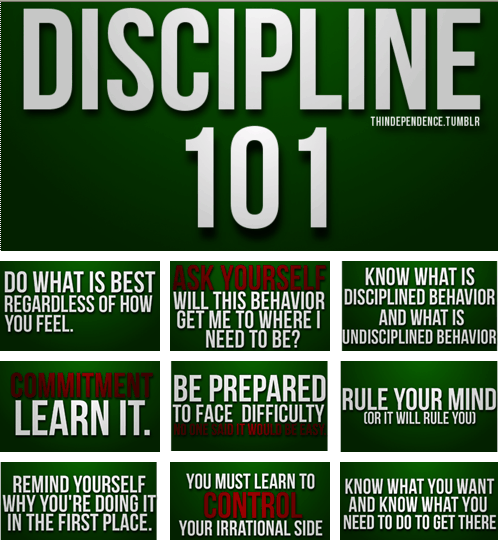 So the more extroverts socialize and interact with others and the world, the more they stimulate that brain reward center and the happier and more energetic they feel. Introverts, on the other hand, are more receptive to dopamine and require less stimulation. This is why they re-energize by being alone.
So the more extroverts socialize and interact with others and the world, the more they stimulate that brain reward center and the happier and more energetic they feel. Introverts, on the other hand, are more receptive to dopamine and require less stimulation. This is why they re-energize by being alone.
Another clue to the introvert-extrovert puzzle lies in the workings of the nervous system. While extroverts favor the sympathetic side of their nervous systems – which explains why they are always amped up and raring to go- introverts favor the parasympathetic side. This side deals more with conserving energy and relaxing muscles, resulting in a calmer, quieter and more reserved individual.
As you can see, introversion owes a lot to biology. There’s nothing wrong with your child, they’re just wired differently.
Bringing Out The Best In Your Introverted Child
Since introverts are such a widely misunderstood bunch, knowing how to raise one can be quite challenging. This is especially true of teens who are just starting to develop their identity and sense of self-worth. The most important thing in bringing up introverts is to learn to work with, not against, their strengths.
This is especially true of teens who are just starting to develop their identity and sense of self-worth. The most important thing in bringing up introverts is to learn to work with, not against, their strengths.
Here are some pointers:
-
Accept and embrace.
The first hurdle to get over is yourself. You need to accept that your child is an introvert and as such, will not be the conventional social butterfly. Although they can and will form strong friendships, they will take their time about it and will prefer solitude to hanging out with crowds. Pushing your child to have a more active social life amounts to trying to change a fundamental part of who they are. It sends a message that they aren’t good enough and this can not only wreck their self-esteem but also your relationship with them. So accept them as they are.
-
Encourage them to seek out outlets for self-expression.
Introverts have a fundamental need to express themselves so encourage your teen to find healthy outlets.
 This could be through art, creative writing, journaling, yoga or whatever tickles their fancy. Even social media, which has been vilified for the harmful impact it can have on teens, can come in handy. Social media platforms can give your teen the freedom to be thoughtful and expressive, without having to turn into an extrovert.
This could be through art, creative writing, journaling, yoga or whatever tickles their fancy. Even social media, which has been vilified for the harmful impact it can have on teens, can come in handy. Social media platforms can give your teen the freedom to be thoughtful and expressive, without having to turn into an extrovert. -
Respect their need for privacy.
Extroverted parents often assume the whole family needs to always do things together but this only ends up being overwhelming for an introverted child. A better approach is to plan some one-on-one activities you and your child can do together. Additionally, allow your teen to have some privacy and tranquility since introverts recharge through solitude and need quiet time to process what they observe. As one writer in The Atlantic put it, “For introverts, to be alone with our thoughts is as restorative as sleeping, as nourishing as eating.”
-
Work with their strengths.
While teens are naturally reticent, introverts may appear even more so.
 Pushing them to join groups or clubs they have no interest in may backfire. Instead, try chatting with them to learn where their interests lie and work with that. Encouraging them to do something in line with their interests will produce more favorable results. For instance, they might excel at individual sports like swimming instead of team sports like basketball.
Pushing them to join groups or clubs they have no interest in may backfire. Instead, try chatting with them to learn where their interests lie and work with that. Encouraging them to do something in line with their interests will produce more favorable results. For instance, they might excel at individual sports like swimming instead of team sports like basketball. -
Give gentle nudges, not hard thrusts.
Introverted teens might need lots of solitude to recharge but spending all their free time alone can easily lead to depression, loneliness and low self-esteem. Instead of trying to suddenly jolt your child by sneakily enrolling them in a club without their knowledge, gently nudge them to seek out those they share interests with. It could be that they’re not very confident and feel they don’t have the right social skills to participate in group activities. Boost their skills by teaching them simple conversation starters and advise them on how to interact with people.

-
Teach them to understand and celebrate their uniqueness.
Because extroverts tend to dominate social situations, introverts often feel left out of things. Teach your child to appreciate their unique individuality and talents. Let them know that their ability to listen, focus, observe and communicate with others on an intimate level is invaluable and nothing to be ashamed of. You can even give examples of famous introverted celebrities and personalities that your child can look up to.
Raising an introverted child in an extroverted world is challenging, no doubt about that. However, the key to success lies in seeing introversion as a strength to be harnessed, rather than an affliction to be cured.
About the Author: Cindy Price
Cindy Price is a Northern Utah wife, mom, and writer. She has 15 years experience writing educational content in the many areas of parenting, with an emphasis on teen-related issues, from which she applies and expounds on her personal experience raising three teenagers.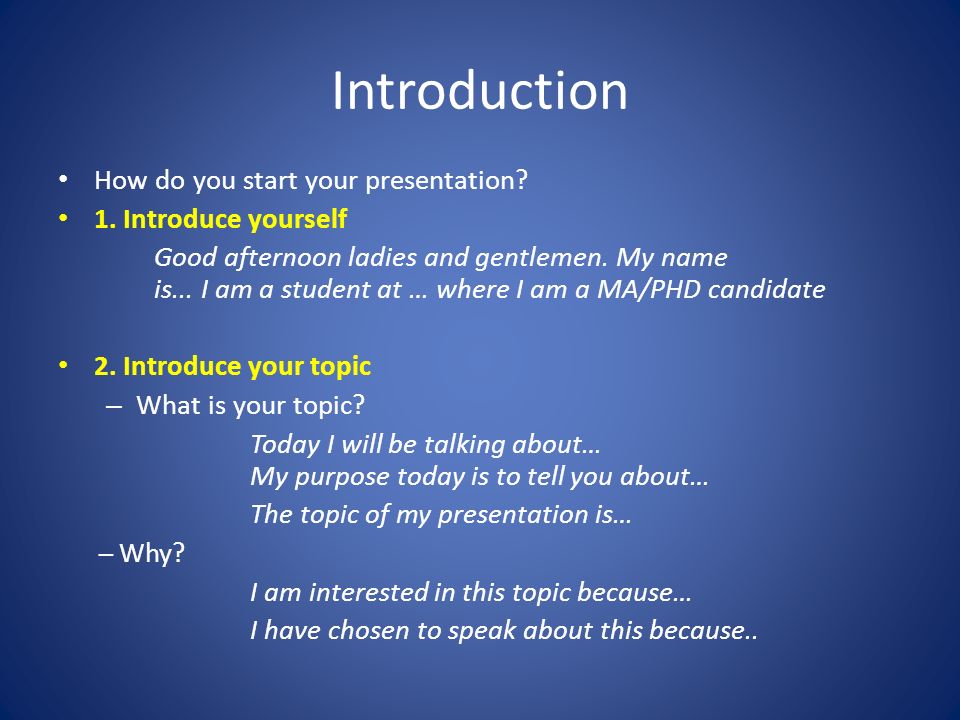 You can find Cindy on Twitter.
You can find Cindy on Twitter.
An introverted child: signs and characteristics of upbringing
Together with Daria Kuznetsova, a conflictologist at the Internet Lesson Home School, we find out how to recognize that a child is an introvert. How to properly build communication so as not to spoil the relationship, but to help.
Daria Kuznetsova
Practicing psychologist-conflictologist. She has 12 years of experience working with children with various psychophysiological developmental characteristics.
The inclinations of temperament and personality traits appear at a very early age and become noticeable as soon as the baby acquires the skills of self-expression. The main signs of an introverted child can be fully observed already by the early school age.
Introverts find it more difficult to build social connections, they often keep to themselves and don't talk much.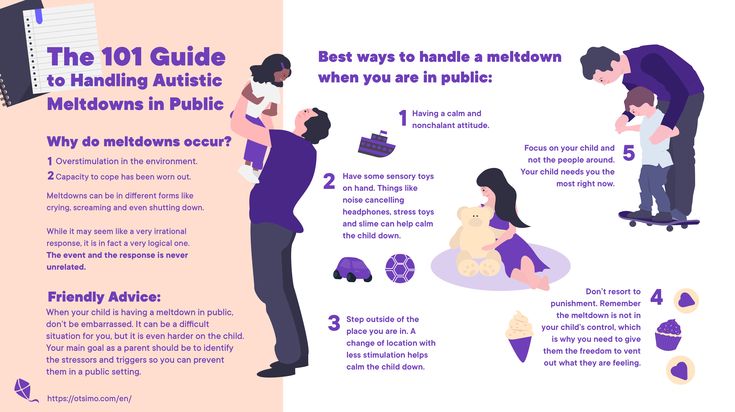 The best solution for parents in this case would not be to break the character of the child, but to create comfortable conditions for his adaptation. Thus, children can receive education and additional knowledge remotely, without hard contact with peers and teachers.
The best solution for parents in this case would not be to break the character of the child, but to create comfortable conditions for his adaptation. Thus, children can receive education and additional knowledge remotely, without hard contact with peers and teachers.
9 signs of an introverted child
Before thinking about what to do with an introverted child, check whether he is really an introvert. It is important to understand that this feature is not a diagnosis and not a negative personality trait. Outgoing parents may well have a closed baby. This is due to the specifics of the structure and functioning of the brain, genetic predisposition and hormonal properties.
The main personality traits are laid in the period of fetal development, before the birth of a child. Upbringing, environment and socialization correct these properties, but do not change them drastically.
Takes new things with caution
This manifests itself at a very early age. Introverted kids perceive the first complementary foods with great apprehension, run less, rarely feel cravings for studying parental closets.
Introverted kids perceive the first complementary foods with great apprehension, run less, rarely feel cravings for studying parental closets.
Such a child can be safely left alone with toys or a book, he likes to understand the essence of things, and not to observe a large number of them.
Tries to grasp the essence
Reluctance to make quick decisions until you are completely sure of the safety of actions is characteristic of an introvert. He carefully studies the details of mechanisms, subjects, training materials. It is important for him to understand why what surrounds him works the way he does.
Doesn't talk to strangers
Children and teenagers who are introverts need more time to get used to people. The kid will prefer to be silent, not to look into the eyes and not to contact tactilely with a new person. This behavior is diametrically extroverted, who are happy to make new friends, calmly communicate with unfamiliar adults.
The first week of classes is free!
Start practicing, and at the end of the trial period, pay for the selected format!
Get started
Feels great alone
Many parents are familiar with the problem of excessive thirst for attention from children.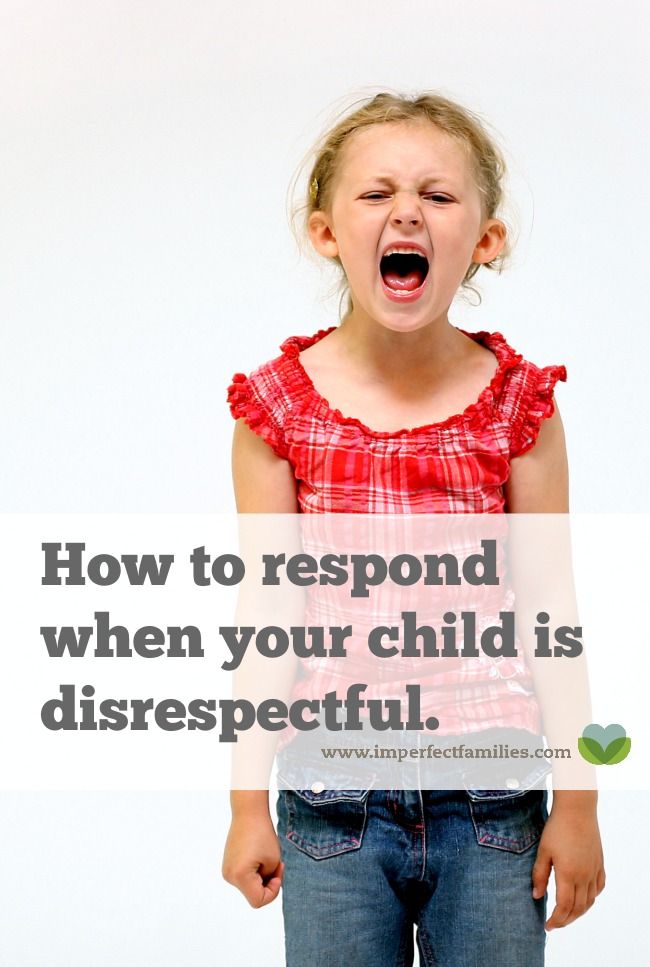 Kids want constant communication, require joint games and conversations. This does not apply to introverts. They are comfortable playing alone. Even in the company of peers, they often sit on the sidelines, doing their important children's business.
Kids want constant communication, require joint games and conversations. This does not apply to introverts. They are comfortable playing alone. Even in the company of peers, they often sit on the sidelines, doing their important children's business.
Quickly gets tired of noisy companies
After playing on the playground, a day in the garden or at school, the introvert's nervous system needs rest. After active fun, the child may be capricious and cry until he is given the opportunity to be alone with himself. So his nervous system replenishes energy reserves.
Possesses adult thinking
Reasoning and questions that help to penetrate the essence of the surrounding world are typical for an introvert. Deep reflections and a lively mind are the fruit of the measured mental activity of people with this type of temperament.
Has a bright personality
Psychological characteristic of introverts is reduced to concentration on oneself. Therefore, personal qualities, the desire for self-expression in such children is higher than that of their peers. At a more adult age, they can go headlong into creativity or popular subcultures, in search of ways to transform their “I” into a manifestation visible to the outside world.
At a more adult age, they can go headlong into creativity or popular subcultures, in search of ways to transform their “I” into a manifestation visible to the outside world.
Carefully chooses words
Having mastered the skills of speech, an introverted child tries to build his speech by rationally choosing expressions. He can answer questions in detail, conduct measured conversations. From the side it seems that he almost does not experience emotions, he is always in a calm state. Such children willingly show emotions only in a circle of well-known people.
Rarely asks for help
Introverts are independent individuals. They find it difficult or unwilling to ask for help from loved ones, and even more so from strangers. They like to deal with complex problems on their own.
In school, introverts can brilliantly solve the most difficult tasks, and flunk the simplest lessons. It is worth treating with understanding this feature of the personality of the child.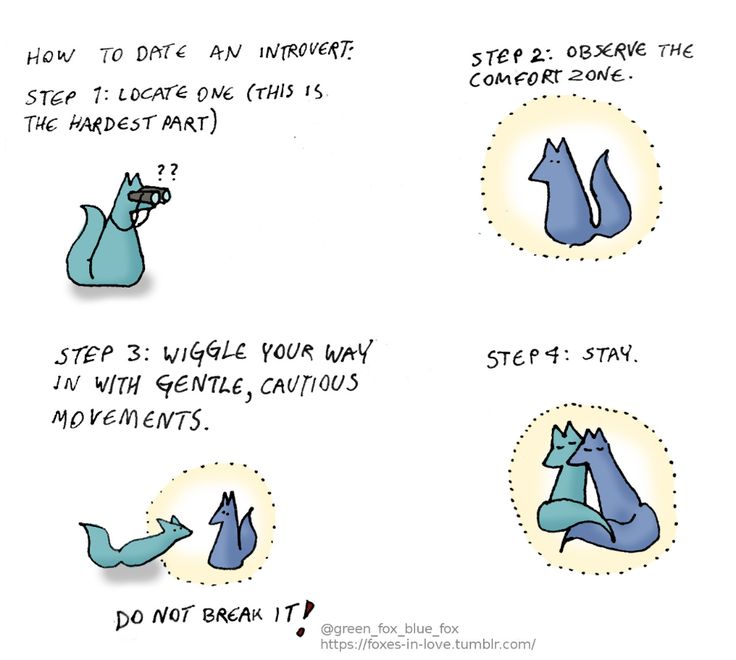
Shy people often mistakenly consider themselves introverts and vice versa, introverts believe that the problem is shyness.
It is important to understand that these concepts imply fundamental differences in relation to communication and loneliness. And most importantly, shyness can be overcome, but introversion cannot be completely eradicated.
Therefore, parents and children should initially determine whether such behavior is an acquired quality or an innate temperament.
Raising an introverted child
Children with this type of temperament tend to retain both the negative and the positive. They are secretive and reserved. Trusting relationships in the family will help the child open up faster, smooth out the negative aspects of temperament.
How to raise an introverted child
- Prepare him in advance for a change of scenery or meeting new people. Discuss the circumstances, tell more about strangers.
 You can deal with older kids. Kids will have to be occupied with their favorite toys or books, be patient. Otherwise, the child will be capricious or hysterical.
You can deal with older kids. Kids will have to be occupied with their favorite toys or books, be patient. Otherwise, the child will be capricious or hysterical. - Pay close attention to his emotional state. Introverts tend to hide it. Parents need to study the behavior of the child and respond to changes. You can invite the baby to talk about what is bothering him. Or indulge in your favorite activities.
- Leave your child space. An introvert needs to be alone with himself. Ideally, he should have his own room or corner where no one will bother. Time alone will allow him to survive the emotions accumulated during the day, take a break from communication.
- Help to find a common language with people. With such a temperament, it is difficult to build social ties. At first, it may seem to others that the introvert is gloomy, unsociable. In fact, he does not feel negative towards society, it is simply more difficult for him to interact. Parents will need patience and time to teach the baby the rules of communication.
- Don't force your child to talk if he doesn't want to. From an early age, the baby may refuse to speak or will begin to do so later than others. Do not panic, even if relatives hint at developmental disabilities, if the child develops normally in other respects. He will speak when he wants to.
- Be sensitive to your child's needs. Introverts find it hard to get used to new rules and groups. This also applies to education. For a pronounced type of character, you should think about home schooling.
Without proper attention to the needs for rest from communication and loneliness, an introvert can fall into a stressful or depressive state. It is better to take care of a comfortable environment for such children in advance.
Things to remember
A calm, thoughtful child is a real godsend for parents, but only at first glance. Adults may face the negative consequences of these characteristics. For example:
- The child does not want to communicate with peers and make friends.
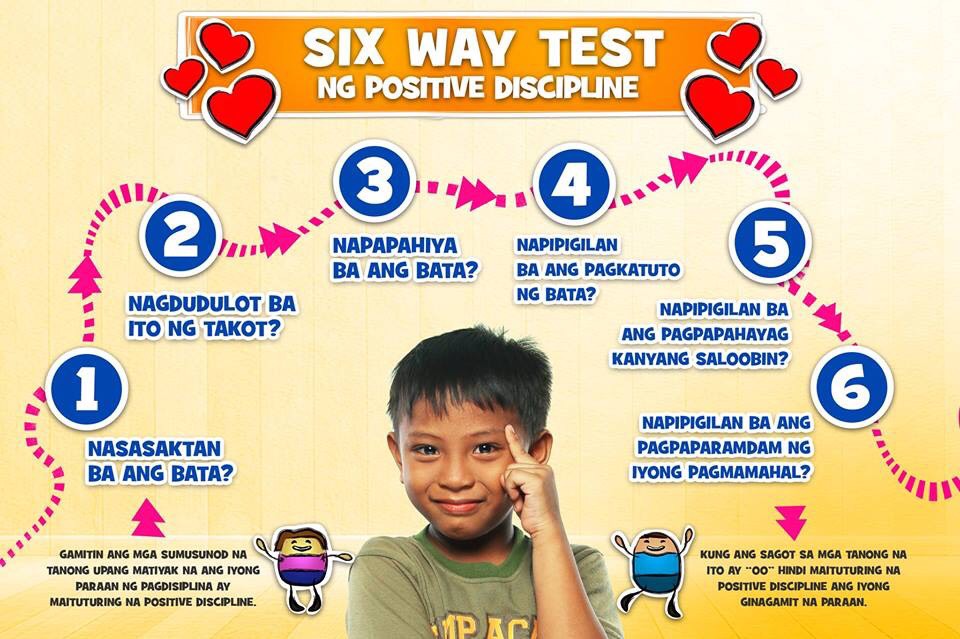 Others and some doctors may even see signs of autism in this. In fact, introverts are able to build strong relationships and make great friends. Just don't rush your baby. He needs a little more time for this.
Others and some doctors may even see signs of autism in this. In fact, introverts are able to build strong relationships and make great friends. Just don't rush your baby. He needs a little more time for this. - Refuses to interact with unfamiliar adults. A standard situation: distant relatives come to visit, and the baby greets them with tears, refuses to even come up, not to mention hugs or gatherings in their arms. With understanding relatives, you can negotiate, invite them to behave with restraint. With those who do not understand, it is better to limit contacts until the baby grows up.
- I'm not sure of myself. Concentration on oneself often results not only in the development of personal qualities, but also in self-criticism, introspection. The kid needs to be helped to believe in himself, to teach him to adequately perceive criticism or the careless words of others.
- Does not want to go to holidays and entertainment events. Most children will be happy to visit a children's party, a park or go to the rides.
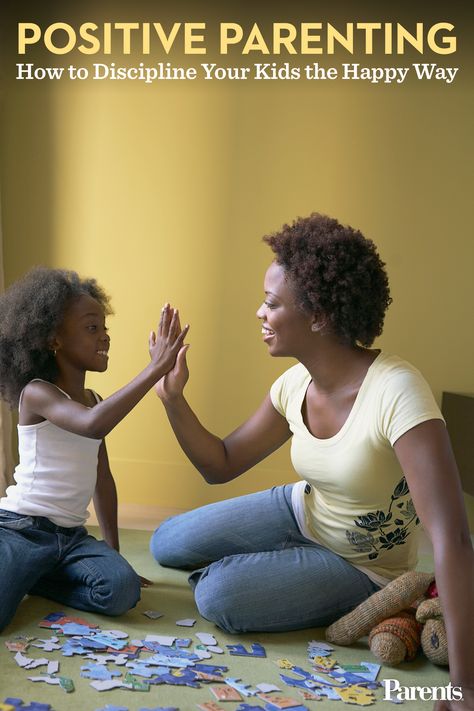 Introverts prefer to stay at home, in silence. There is nothing to be done about this feature. They just like to be in silence and familiar surroundings.
Introverts prefer to stay at home, in silence. There is nothing to be done about this feature. They just like to be in silence and familiar surroundings.
In order to develop harmoniously, it is important for children to feel safe and meet the understanding of relatives. It is strongly not recommended to try to reshape an introvert, to make him fall in love with communication or noisy companies. All parents can do is to accept their child and his personality.
Subscribe to our newsletter
By clicking on the "Subscribe" button, you consent to the processing of your personal data.
Education of an introvert
If parents are sure that their child is an introvert and it is difficult for him to be in unfamiliar companies, you should think about the form of education from an early age.
Kindergarten
Pre-school education can be completely abandoned. Initial skills: fine motor skills of hands, reading, counting - easy to master at home in classes with parents. Neat communication with peers is organized through playgrounds and children of family friends of a similar age.
Neat communication with peers is organized through playgrounds and children of family friends of a similar age.
There is no need to be afraid that in childhood the child will not learn to build social ties. Communication of very young children is primitive and has little in common with adult contacts. For an introvert child, such a loss will not be significant.
How to increase motivation
How to motivate a child to study if he does not want to study, does not do his homework and is often distracted? Practical advice for schoolchildren and their parents.
School
Children receive the main layer of academic knowledge at school. This is the time to broaden your horizons, to search for your area of interest. You can’t refuse secondary education, but for introverts you can find an alternative.
- Home schooling. Classes are taught by parents or tutors according to generally accepted standards. The disadvantages may be the cost and lack of knowledge of the teachers themselves.
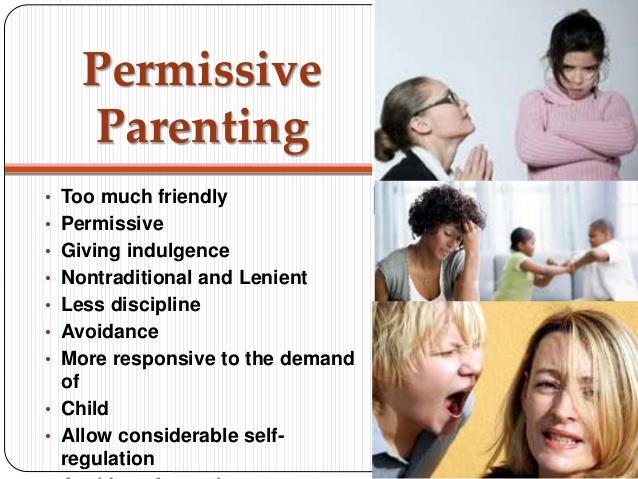 In addition, at home and in the family circle, it is more difficult to establish a strict schedule of classes. It is necessary for the child to have a clear understanding of the periods of work and rest, to be able to tune in to productive studies.
In addition, at home and in the family circle, it is more difficult to establish a strict schedule of classes. It is necessary for the child to have a clear understanding of the periods of work and rest, to be able to tune in to productive studies. - Distance learning. The best option for introverts. Classes are held according to a pre-planned schedule online. They have everything: compliance with educational standards, homework, knowledge testing and grading. The only thing that is excluded is direct contact with peers and teachers. This will greatly facilitate the life of a small introvert. In addition, such education will cost parents much less than hiring tutors.
Home school "InternetUrok" offers classes in all school subjects. Children study in the comfort of their own home. You can fill the gap in contacts with peers with the help of hobby groups, sports sections, etc. Thus, it will be possible to maintain a balance between the student's need for solitude and the need to give him a good education.
University
The introvert is already finishing the teenage period of personality formation by the institute. At this age, he is old enough to decide for himself what he wants. If a high school graduate has thought out a plan other than studying at the university, you should not force him to change it. Introverts do not make decisions without careful thought, a clear plan.
At the "Internet Lesson" home school, everyone can receive a secondary education, starting from the 1st grade, remotely. Based on the results of training, students are issued state-recognized certificates that are valid throughout Russia and many other states. The school provides materials for children and parents, full control of the learning process and pleasant bonuses for responsible students.
For more information, call the hotline (toll-free) or chat with a consultant. You can familiarize yourself with the cost of training in advance and study the contract-offer in the relevant section.
Question-answer
Is it possible to go to external studies and complete two classes in one year?
Within one calendar year, the program can be completed in two years. To study as an external student at the InternetUrok Home School, you need to write to us at [email protected] and inform us of your intention to take the next class program. When switching to an external study, an important point must be taken into account: in some of our partner schools, the opportunity to undergo accelerated external studies is not available, or perhaps not in all classes.
What form of attestation is provided for when transferring to an external study?
Attestation is carried out on the basis of grades obtained at the Home School "Internet Lesson", without additional testing.
What should I do if my child does not manage to complete the external program in one year?
If a student does not have time to master the entire program during the academic year, he can continue studying at the Internet Lesson Home School in the summer. Also, non-graduating students can stretch one school year into two. To do this, you need to write a request to the mail of the curators [email protected], justifying the reason for your decision.
Also, non-graduating students can stretch one school year into two. To do this, you need to write a request to the mail of the curators [email protected], justifying the reason for your decision.
Can adults study externally at the Home School?
At our school, adults can study the curriculum in school subjects without official admission and assistance in passing assessments.
Internet Lesson Home School
How to help an introverted child survive school/kindergarten
Irina Balmanji
It is difficult for introverted children to adapt to the traditional environment in the classroom or kindergarten. Usually there is too much of everything: noise, people, bright light, turmoil ... There is no way to retire, take a breath, concentrate and think calmly. A real torture for a child with a quiet temperament.
If your introvert grows up, you must help him cope with the rumbling outside world. We tell you what can be done.
Scout around
Is your child going to school or kindergarten for the first time? Get him there first! It is better to prepare a little introvert for the coming changes.
Go to the playground on your day off and talk about future games and entertainment. Don't forget to say hello to the teacher.
Secret power
With the future first-grader, go around the entire school building, show the toilets, the canteen, the teachers' room. Let him see how interesting it can be in the classroom.
Explain to the child that everything is fine with him
Quiet people are often underestimated in society. The belief that everyone should be quick thinkers, sociable, charismatic, risk takers who prefer to act rather than think is a myth. But he can make the introvert child doubt himself.
At school, this myth is especially strong, because it is the most noisy and talkative guys who usually become popular, and teachers praise those who raise their hand more often in class.
Does this mean that there is something wrong with quiet, thoughtful, privacy-loving children? Not at all. They have their own strengths, such as the ability to focus deeply and the ability to listen carefully. Many great artists, inventors, athletes, and entrepreneurs are introverted.
Many great artists, inventors, athletes, and entrepreneurs are introverted.
Source
By the way, introversion is not the same as shyness. You can fight timidity and shyness, but temperament is given to us from birth - and it cannot be changed.
The main difference between extroverts and introverts is where they get their energy from. Extroverts are happy when life is bubbling around. Introverts, on the other hand, are tired and exhausted by the noisy outside world. They need full access to their thoughts, feelings and sensations.
Your task is to explain this difference to an introvert child in an accessible language, to let him understand that everything is all right with him. If he is aware of his strengths and needs, it will be much easier for him to adapt to school or kindergarten.
Teach your child how to save energy
A noisy school-like environment often drains introverts. The child will have to accept for granted that the environment will not always meet his needs. But she should not prevent him from being himself.
But she should not prevent him from being himself.
By learning to recognize the signals that the body sends, such as feelings of anxiety and pressure, the child will be able to manage the situation.
Discuss where, how and when he can recharge his batteries when he gets tired of the crowds and noise. Even at school, there are quiet corners where you can gather your thoughts: a library, a computer lab, or an empty office of a benevolent teacher.
Source
You can even go to the toilet for a while! Another option is to get headphones and read quietly, blocking out the noise.
If a child is tired of large groups of peers, he can communicate with one or two classmates. Let him find those who understand him, and it will become much easier for him. You don't have to do something just because others do it, or try to make friends with everyone around you.
Encourage your child's passions
It often happens that an introvert has one or two serious hobbies (for example, drawing, construction, programming, or writing stories) that are not shared by his extroverted peers. For a child, this is a way to relax, recharge, cope with anxiety and express themselves.
A passion for something is characteristic of many introverts. Thanks to their superpowers - thoughtfulness, the ability to focus deeply on something and maintain concentration for a long time - quiet people subsequently achieve tremendous success.
Source
If your child has such an outlet, great! Praise him for doing his hobby, encourage and help find like-minded people. He will benefit from a certain participation in collective work. However, this work should be done in small groups (two or three people each).
Just don't overdo it. There is no need to take the child to numerous circles and sections if he does not want to, or force him to communicate with people who are unpleasant to him.
Give your child time and space
Make sure your introverted child has time and space. Don't mind if he wants to retire to his room after school. He needs to hide from the noise and chaos of the world around him, be alone with his thoughts and feelings, and recover after a long day among people.
Of course, you can't wait to ask your child about how the day went, but you must understand that privacy is very important to him. A little introvert needs a recovery period, after which he will leave the room in a good mood, ready to communicate.
Source
Set up a place where the student can do his homework without interference. Perhaps even in your room, if it's quiet and peaceful there. The most important thing is that no one should tear the child away from work. If he locks himself up, tell the rest of the family to knock before entering him.
If your children share a bedroom, put a partition between the beds (you can buy inexpensive netting, screens or curtains). Convince the introvert's siblings to leave him alone in the bedroom for a while in the evenings, giving him the opportunity to rest.
Discuss strategies to help them do better in school.
In school, introverts constantly find themselves in uncomfortable situations, so they cannot fully demonstrate their abilities.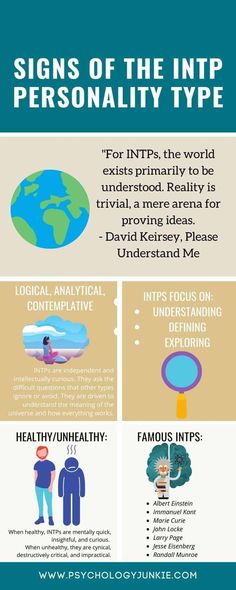 Treat this with understanding and start devoting more time to independent work at home.
Treat this with understanding and start devoting more time to independent work at home.
Make a presentation, quickly answer a teacher's question, take part in a discussion, go to the blackboard - all these are real tests for an introverted child. But some of them can be prepared.
For example, if the topic of discussion is known in advance, the child needs to plan what exactly he will say. Let him think over the answer well, form his own opinion and speak first, without waiting for the discussion to take an unexpected turn.
Source
When preparing for a presentation or oral response at the blackboard, you need to rehearse your speech properly. It is necessary to repeat the speech several times, preferably in front of an audience. Family members can act as listeners, in extreme cases, dolls and toys.
Unfortunately, not all situations can be prepared for. An introvert can literally freeze if the teacher unexpectedly asks a question or calls to the board.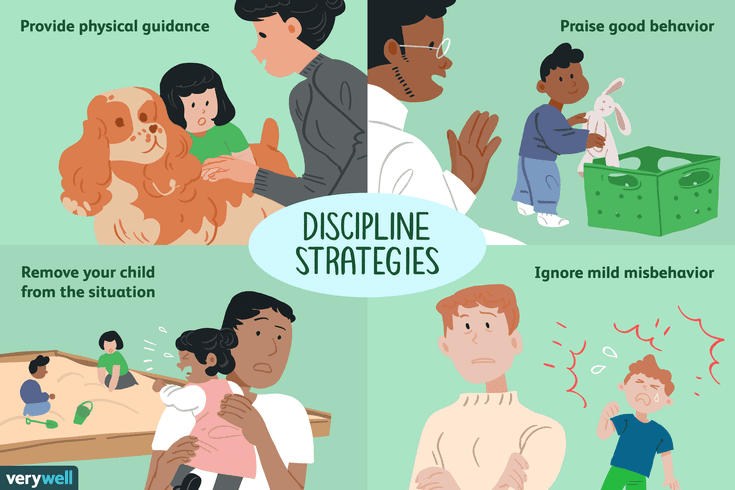 One way to gracefully get out of a situation is to ask permission to respond later.
One way to gracefully get out of a situation is to ask permission to respond later.
The fact is that introverts prefer to think first, and then say something. Often they pay so much attention to the content and clarity of their answers that they prefer to keep quiet rather than blurt out anything.
Have your child try to notice when others are talking nonsense or giving incorrect answers, but no one is paying attention. All people make mistakes! Having understood this, he will be more calm about his mistakes.
Talk to caregivers/teachers
Primary school teachers and teachers are overwhelmingly extroverted. They don't understand introverted kids. It happens that teachers always rush the child and he does not have time to cope with the task. It happens that a child is unfairly punished for habits that are a consequence of his character, and not malicious intent.
Some teachers may erroneously interpret the behavior of an introverted student as being disobedient, stupid, apathetic, or unwilling to communicate.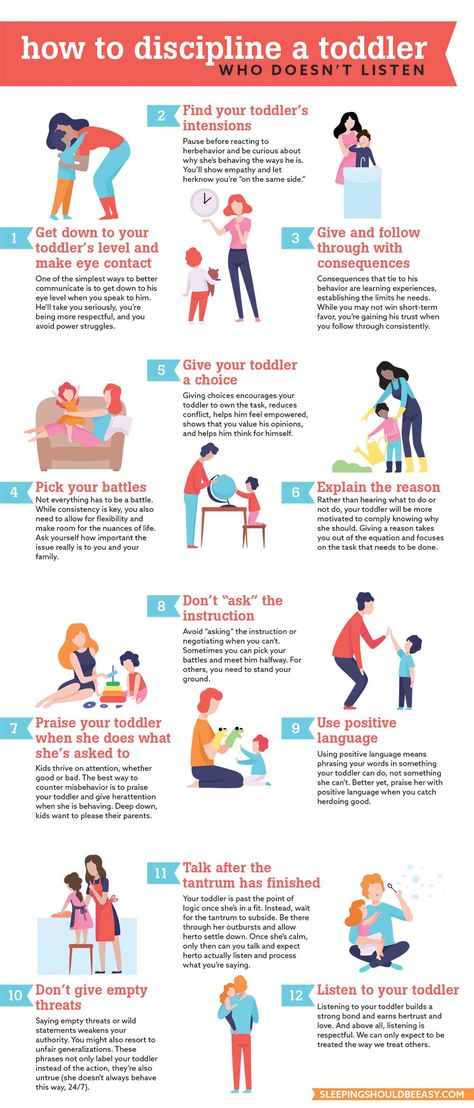 In fact, the child is simply trying to process the information received from outside.
In fact, the child is simply trying to process the information received from outside.
You should talk to your child's teachers/caregivers about their personality and natural tendencies. If the teacher understands you, then, most likely, he will be able to find an approach to the little introvert, reveal his gifts and talents.
Source
If some teaching methods, such as quickly moving from one topic to another, cause difficulties for the child, discuss this problem with the teacher.
Be sure to talk to music, physical education and other mentors. For example, many sports coaches are extroverts who believe that children have the same level of energy and motivation as they do.
An older child can talk to the teachers himself. For example, if the teacher does not give time to think before answering, you can try to discuss this question with him (or her) after the lesson.
If a student explains what he is interested in in class, he just feels uncomfortable speaking in front of the whole class, the teacher can meet them halfway.
Try to get your child involved in sports
Introverts are sometimes so immersed in their thoughts that it is very useful to disengage from them and switch to bodily sensations.
After a good sweat during training, the child will get rid of anxiety and frustration associated with communication, and his psychological state will improve. Physical activity releases endorphins.
Endorphins are substances that the brain produces in response to certain types of stimulation. They act as pain relievers and induce feelings of joy.
Besides, sports are not only team games. There is running, swimming, golf, figure skating, tennis... They will help introverts get rid of excess negative energy and feel the euphoria of stress.
Retrieved
No need to compete! The main thing is to choose a sport to your liking and enjoy training.
Tell your child about body language
Smiling not only wins those around us, but when we smile, we ourselves feel happier and more confident. This is a biological phenomenon: when we smile, the brain receives a signal that everything is fine.
This is a biological phenomenon: when we smile, the brain receives a signal that everything is fine.
This principle goes beyond smiling. Let your child observe how his body reacts to certain emotions. What posture does he instinctively assume when he is relaxed and confident and when he is tense?
Source
For example, when nervous, we often cross our arms over our chests: this posture tells others that we want to isolate ourselves from them. An introverted child needs to learn to stand and sit in positions that do not signal his closeness, and he will feel accordingly.
Explain that sometimes it is necessary to step out of your comfort zone.
Teach your child to gradually push boundaries and overcome himself. It can be the smallest step - raise your hand in class, sit next to a stranger in a meeting, go to a classmate's birthday (if you wish, you can leave a little earlier than other children).
No introvert can become an extrovert.